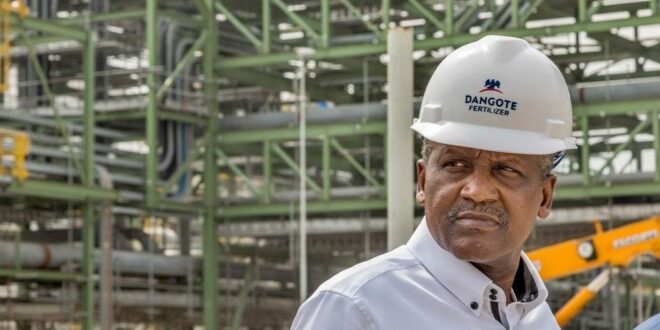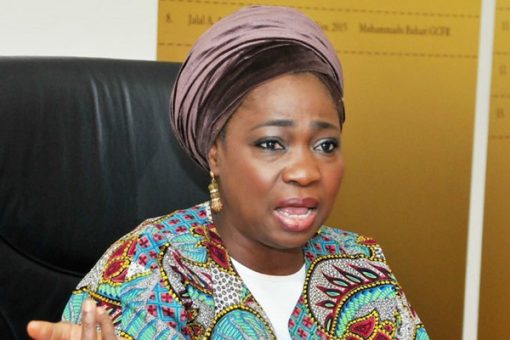The Chairman of Dangote Group. Aliko Dangote on Tuesday, formally unveiled the first petroleum product produced from the factory.
At a world press conference heĺd at the company’s refinery in Lagos, he said that petroleum product from Dangote Refinery is now ready for the market.
Dangote showcased a sample of the product in a white plastic bottle. This is following the completion of the 650,000 barrels per day refinery’s testing phase, which is now ready to introduce its products to the local market.
According to Dangote, the commencement of sale of the product will save Nigeria over 40% of the current foreign exchange being spent
He thanked President Bola Tinubu and other stakeholders for making this possible
According to him, the company will start the sales of polymer products next month.
This development is anticipated to provide much-needed relief to Nigerians who have been grappling with severe petrol shortages in various towns and cities across the country.
Insider sources stated that NNPC Limited (NNPCL) will be the initial purchaser of Dangote’s products, with its officials already stationed at the Lagos petrochemical plant to take delivery.
NNPC is expected to be the exclusive buyer of Dangote’s products due to its current challenges in meeting international debt obligations to global oil traders.
The rollout of petrol by Dangote Refinery marks a historic milestone in Nigeria’s oil and gas sector, as the country, which has long relied on petrol imports, takes a significant step towards self-sufficiency.
With a production capacity that not only meets domestic demand but also allows for exports to neighbouring countries, Dangote Refinery is poised to end Nigeria’s dependence on imported petrol.
Credible reports indicate that Nigeria currently consumes about 35 million liters of petrol daily, while Dangote Refinery, once fully operational, can produce at least 100 million liters per day.
Although the refinery has faced various challenges and delays in the past, including supply issues with NNPCL and international oil companies (IOCs), these issues were eventually resolved through the intervention of the Nigerian Upstream Petroleum Regulatory Commission and other key stakeholders.





